Two Swiss universities testing on live monkeys, newspaper says
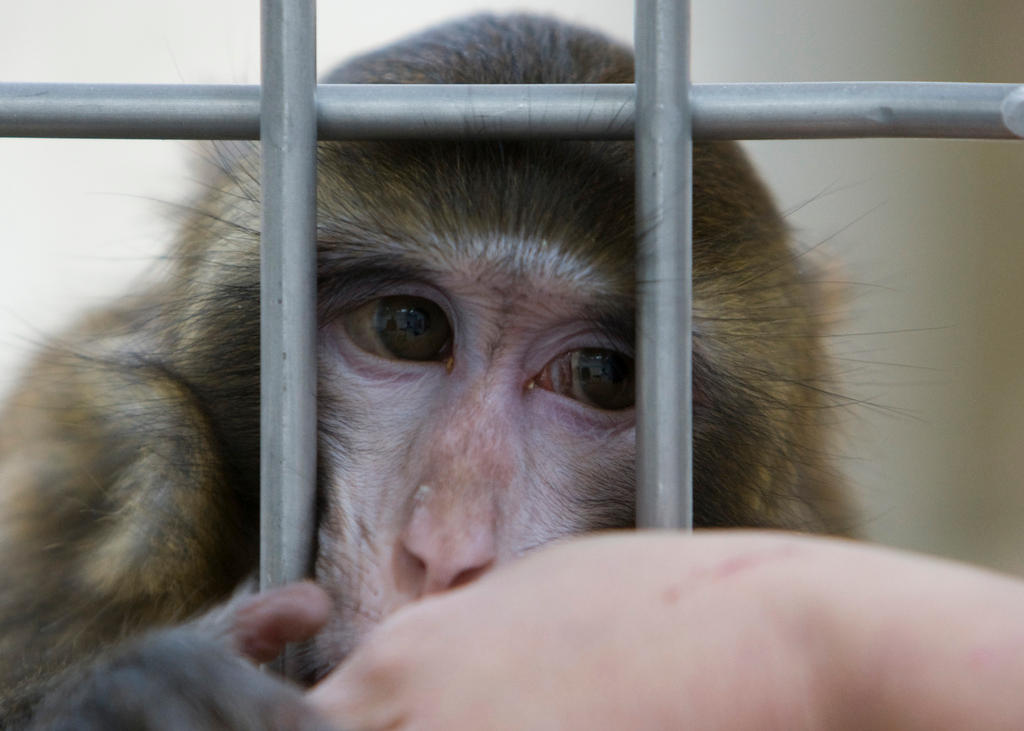
Following a recent outcry over Volkswagen testing exhaust fumes on monkeys, the SonntagsBlick newspaper reports that a university in Switzerland is going to give the primates cocaine.
Although not well-known, experiments may legally be carried out on living primates in Switzerland, the paper says, with the exception of apes such as gorillas and orangutans. This is notably the case in two cantons: Fribourg and Zurich.
At the University of Fribourg, monkeys will next week be given cocaine as part of an experiment. Head of Neurophysiology Eric Rouiller told the paper that specific regions of the monkeys’ brains would then be changed through a neurosurgical procedure in hope of freeing them from addiction. The method is already approved for Parkinson’s or Tourette patients, and researchers are now trying to find out if it can help addicts.
The SonntagsBlick reports that the University of Fribourg has been working with monkeys for some 20 years, which is why it has been repeatedly targeted by animal rights activists. In 2017 there were experiments on 23 monkeys, divided into six projects, according to Professor Rouiller.
The Fribourg primates live in a zoo-like enclosure, and in order to motivate them for the experiments, they are “paid” with food, writes the paper.
+ Read more about animal testing in Switzerland
For the first time in years, experiments on monkeys are also to be carried out in Canton Zurich, after the University of Zurich and Federal Institute of Technology ETH jointly applied in 2014 for permission to conduct experiments on two to three macaques, and got the go-ahead last year.
The University of Zurich told SonntagsBlick that the monkeys’ pre-frontal cortex will be investigated, with the aim of finding new approaches to mental illnesses. Only humans and monkeys have this frontal brain region, which is why other species are not considered suitable for the experiments.
However, the experiments in Freiburg and Zurich are not comparable to VW’s exhaust gas tests, SonntagsBlick says. “In Switzerland, it is highly unlikely that the application for such a study would be approved,” says Eva van Beek, spokesperson for the Federal Food Safety and Veterinary OfficeExternal link.

In compliance with the JTI standards
More: SWI swissinfo.ch certified by the Journalism Trust Initiative
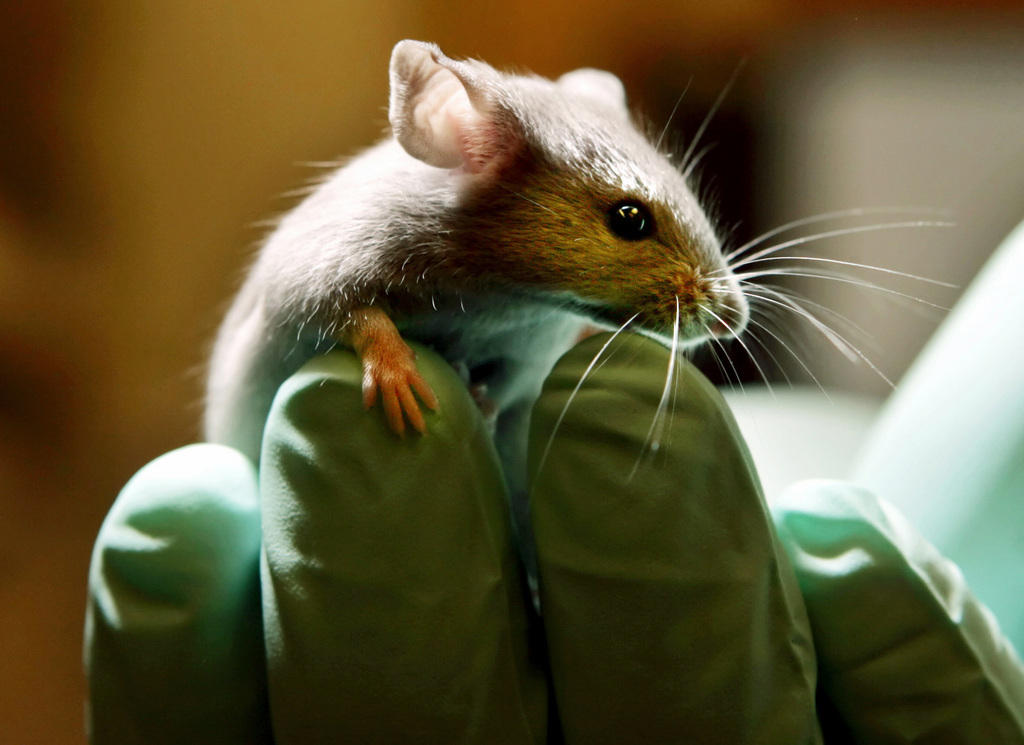
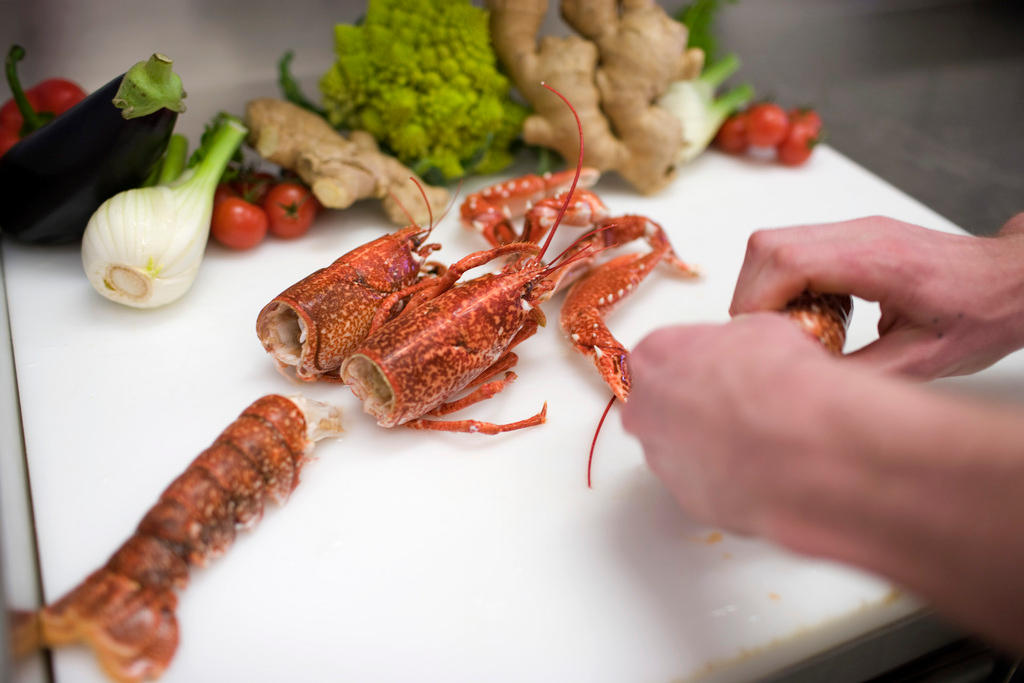
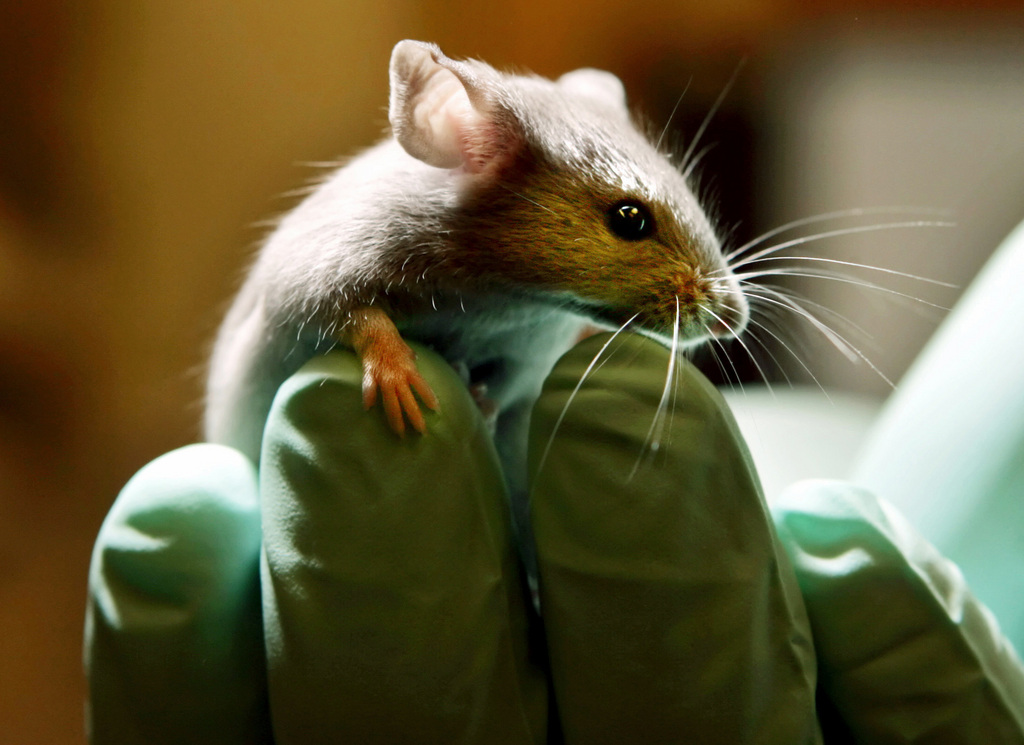
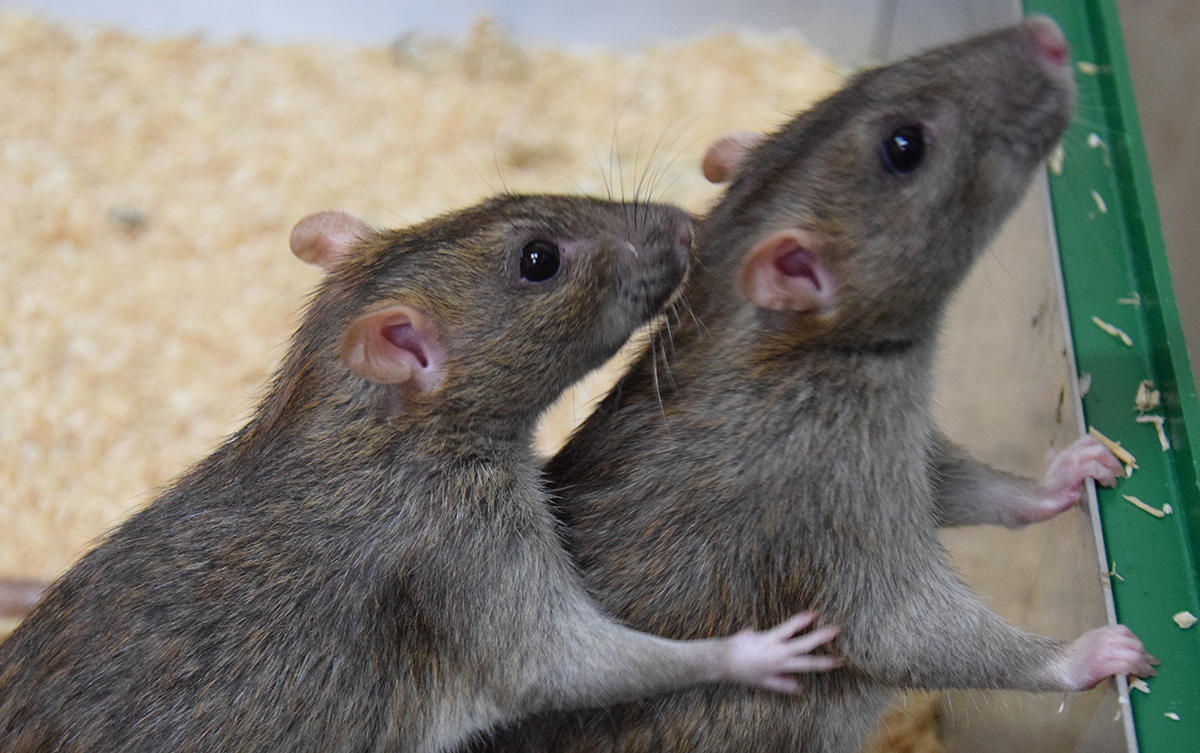
You can find an overview of ongoing debates with our journalists here. Please join us!
If you want to start a conversation about a topic raised in this article or want to report factual errors, email us at english@swissinfo.ch.